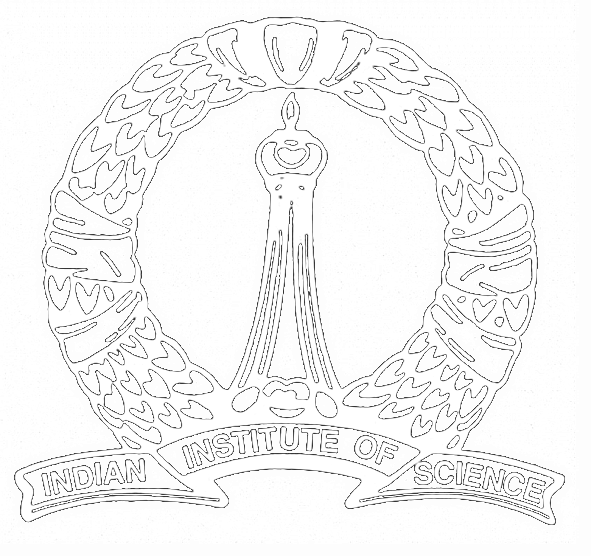APRG Seminar
Title: Partial convexity conditions and the d/d(zbar) problem
Speaker: Debraj Chakrabarti (Central Michigan University, Mount Pleasant, USA)
Date: 24 January 2024
Time: 4 pm
Venue: LH-1, Mathematics Department
On a so-called Stein manifold the $\overline{\partial}$-problem can be solved in each degree $(p,q)$ where $q\geq 1$, or in other words the Dolbeault cohomology vanishes in these degrees. Sufficient conditions on complex manifolds which ensure that the Dobeault cohomology in degree $(p,q)$ is finite dimensional or vanishes have been studied since Andreotti-Grauert, who introduced the notions of $q$-convex/$q$-complete manifolds, which generalize Steinness. For manifolds with boundary, Hormander and Folland-Kohn introduced the condition now called $Z(q)$ which ensures finite-dimensionality of the cohomology in degree $q$ as well as $\frac{1}{2}$ estimates for the $\overline{\partial}$-Neumann operator. These conditions ($q$-convexity/completeness and $Z(q)$) are biholomorphically invariant characteristics of the underlying complex manifold.
In the context of Hermitian manifolds, a different type of sufficient condition implies that the $L^2$-cohomology in degree $(p,q)$-vanishes. Here one assumes that the sum of any $q$-eigenvalues is positive, and this also leads to the vanishing of the $L^2$-cohomology via the Bochner-Kohn-Morrey formula. These conditions are not biholomorphically invariant (they depend on the choice of the metric).
In this report on ongoing joint work with Andy Raich and Phil Harrington, we discuss the relationship between the two types of the condition. We give new sufficient conditions for the vanishing of the $L^2$-cohomology in degree $(p,q)$ in a domain in a complex manifold and discuss to what extent the conditions are necessary.
- All seminars.
- Seminars for 2024
